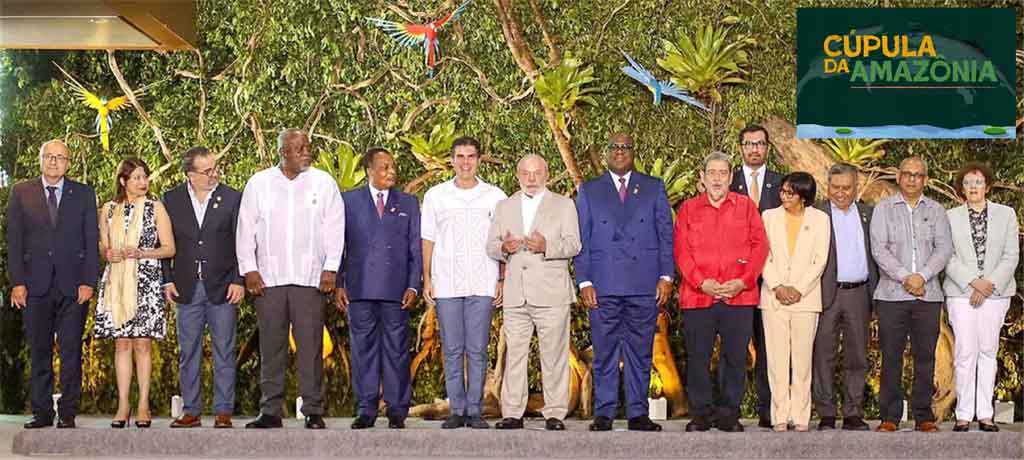The countries participating in the meeting released a joint communiqué with final considerations in which they also request advantages for sustainable forest products in the markets of developed nations.
“We reinforce our understanding that preferential access for forest products in the markets of developed countries will be an important lever for the economic development of developing countries,” the text indicates.
It reiterates commitments aimed at preserving forests, reducing the causes of deforestation and forest degradation, as well as conserving and valuing biodiversity.
The signatories also expressed their concern about the non-compliance of developed countries with respect to the 100 billion dollars a year pledged for climate finance in developing countries.
In this regard, the Brazilian president, Luiz Inácio Lula da Silva, host of the forum, defended the feasibility of international financing for sustainable projects in the biome.
“We cannot accept a green neocolonialism that, under the pretext of protecting the environment, imposes trade barriers and discriminatory measures and does not consider our regulatory frameworks and domestic policies,” Lula said at the end of the meeting.
For the head of state, “what we need is to make a leap in quality and long-term financing without conditions for green infrastructure and industrialization projects.”
He announced that in the Brazilian presidency of the G20 (a group made up of the finance ministers and heads of central banks of the 19 largest economies in the world plus the European Union), to begin on December 1, “we will place sustainable development and the reduction of inequalities at the center of the international agenda”.
He warned they only have seven years to achieve the Goals of the 2030 Agenda and it is “time for our countries to come together. It is time to wake up to the urgency of the problem of climate change.”
He remarked that the adopted joint declaration will be “the first step towards a common position already at COP28 this year (in the United Arab Emirates), with a view to COP30.”
The summit in Belém involved, in addition to the countries of the Amazon Cooperation Treaty Organization (Brazil, Bolivia, Colombia, Ecuador, Guyana, Peru, Suriname and Venezuela), others that have large tracts of preserved tropical forests, such as the cases of Indonesia, the Congo and the Democratic Republic of the Congo.
ef/lam/ocs









